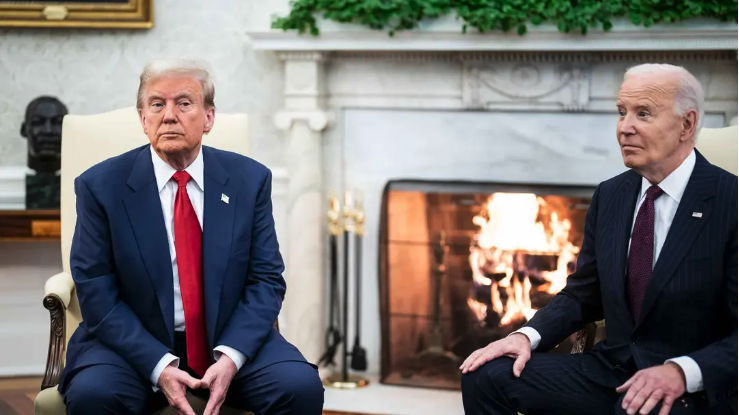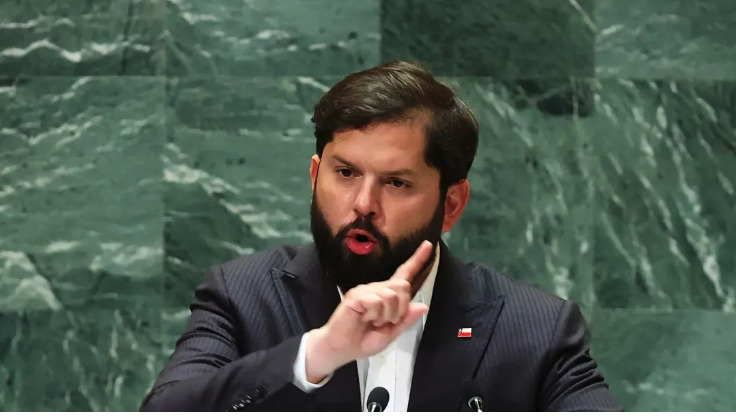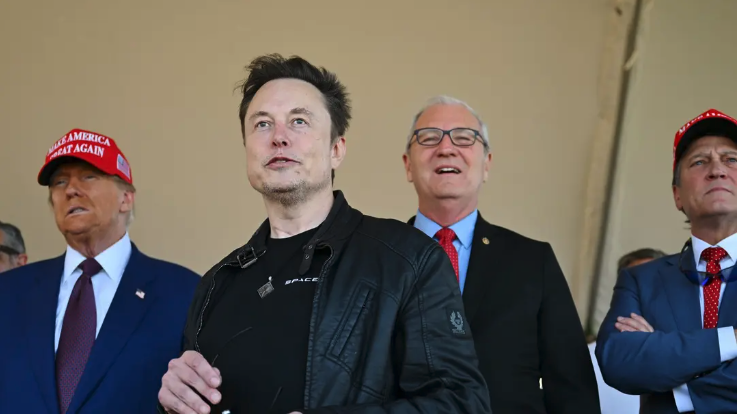SCOTUS Rules on Public Officials and Social Media Use
The US Supreme Court (SCOTUS) on Friday ruled on two cases involving public officials' social media use, establishing guidelines to delineate the personal and public nature of a government official’s social media account....
0:00
/1861
Facts
- The US Supreme Court (SCOTUS) on Friday ruled on two cases involving public officials' social media use, establishing guidelines to delineate the personal and public nature of a government official’s social media account.1
- SCOTUS ruled unanimously that there are times when public officials can be sued for blocking critics on social media. Writing for the court, Amy Coney Barrett said that officials who use personal accounts to make official statements can't delete critical comments or block users.1
- However, the court noted the need for a standard to respect the rights of public officials as individuals with 1st Amendment rights. SCOTUS decided that an official's speech can be attributed to the state if the person has the authority to speak on the state's behalf.2
- The two cases involved a Michigan city manager who deleted comments on his Facebook page and blocked someone who criticized him, and the other focused on two California school board members who blocked a group of parents for criticizing them on social media.3
- The 9th Circuit Court of Appeals upheld a lower court ruling that the school board officials were acting in an official capacity and couldn’t block their critics. Meanwhile, the 6th Circuit ruled that the Michigan official was not using social media as a state actor.4
- In 2021, SCOTUS declined to take a high-profile case in which a lower court ruled that former Pres. Donald Trump couldn't block his critics on Twitter, now X, as the court later vacated the decision after Trump left office, rendering the matter moot.5
Sources: 1Associated Press, 2CNN, 3ABC News, 4NBC and 5Washington Post.
Narratives
- Democratic narrative, as provided by Salon. Lower courts had consistently weighed in, ruling that public officials, especially the President of the US, cannot violate the 1st Amendment by blocking their critics on social media. During his tenure, Donald Trump used Twitter in an inflammatory way and would often block his critics. While the Supreme Court held off ruling on the case, likely to protect Trump, it's now clear that the former president violated the Constitution with his actions. These new rulings are vital and validating.
- Republican narrative, as provided by American Greatness. The bigger problem at hand is the utter hypocrisy of left-leaning big tech companies and the media who call for immediate censorship of any critical opinion. These actors violate the 1st Amendment daily, yet they are up in arms about Pres. Trump removing a few people from his feed. The issue of public officials and social media is a serious legal question — as this ruling shows — but the establishment is trying to make it about Trump while ignoring its own hypocrisy.







